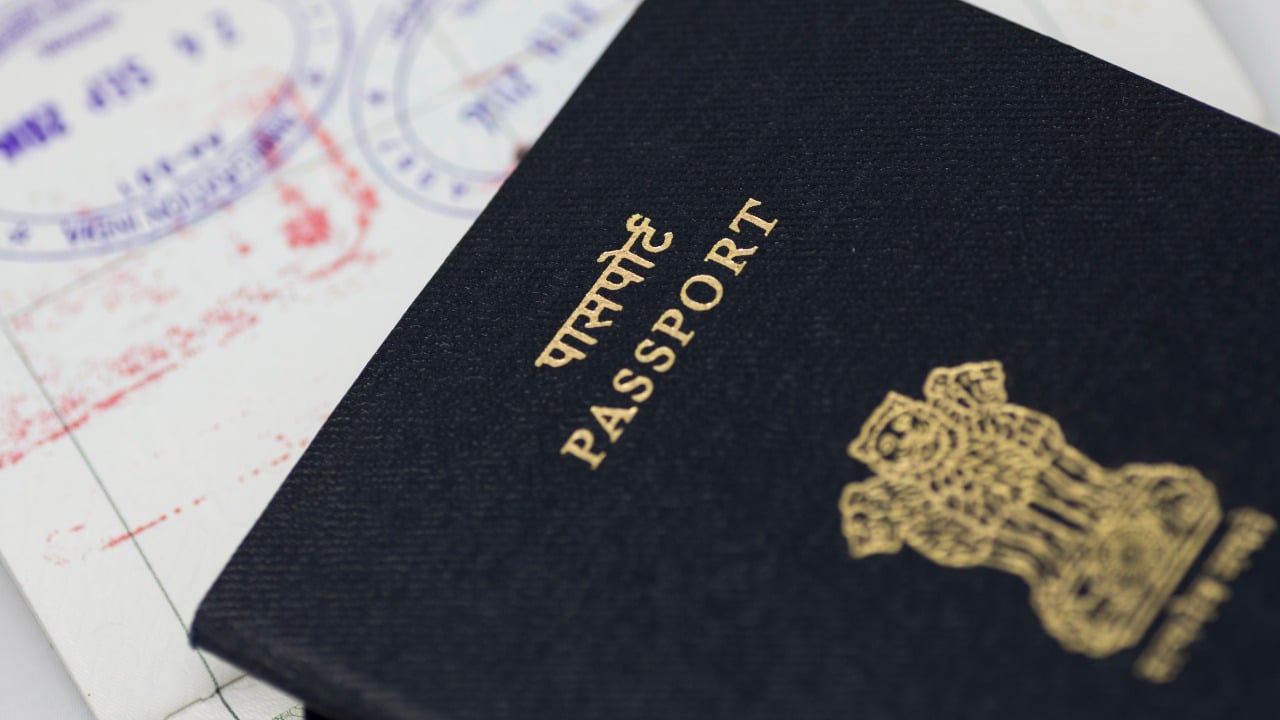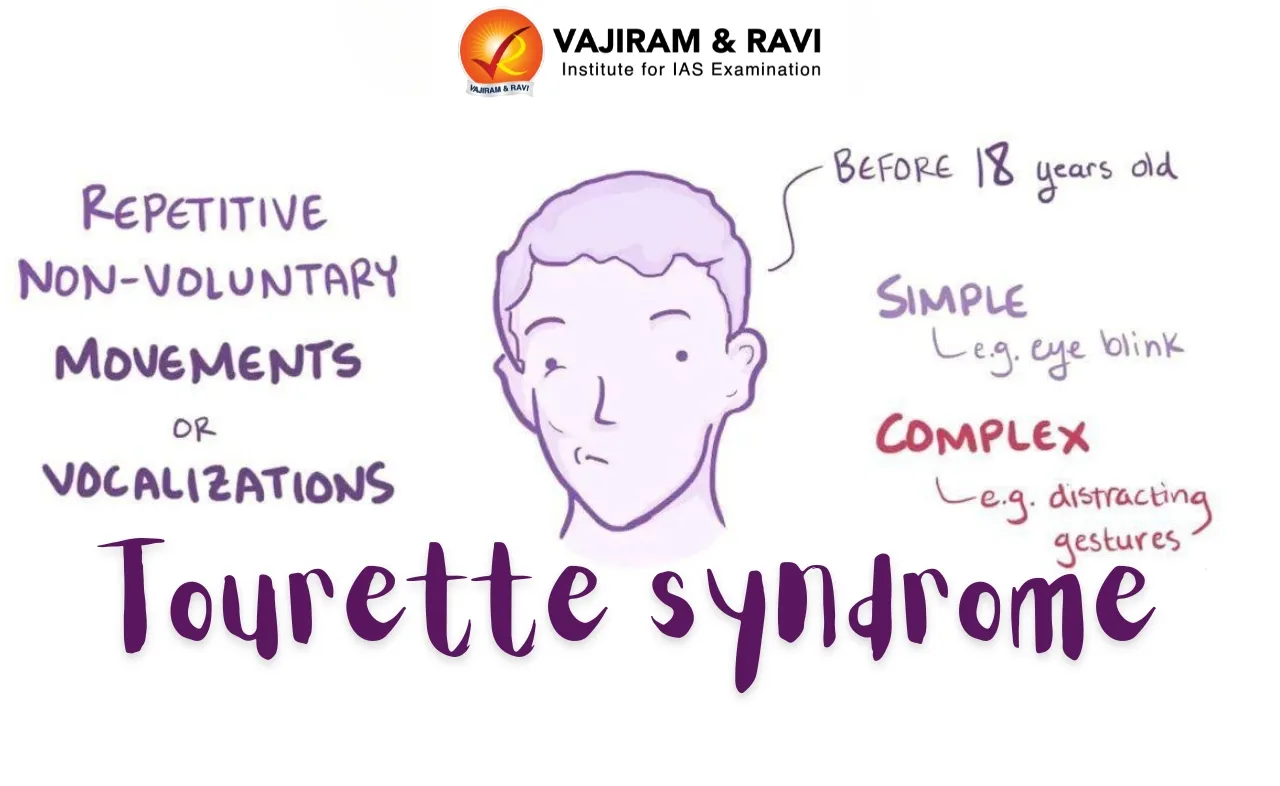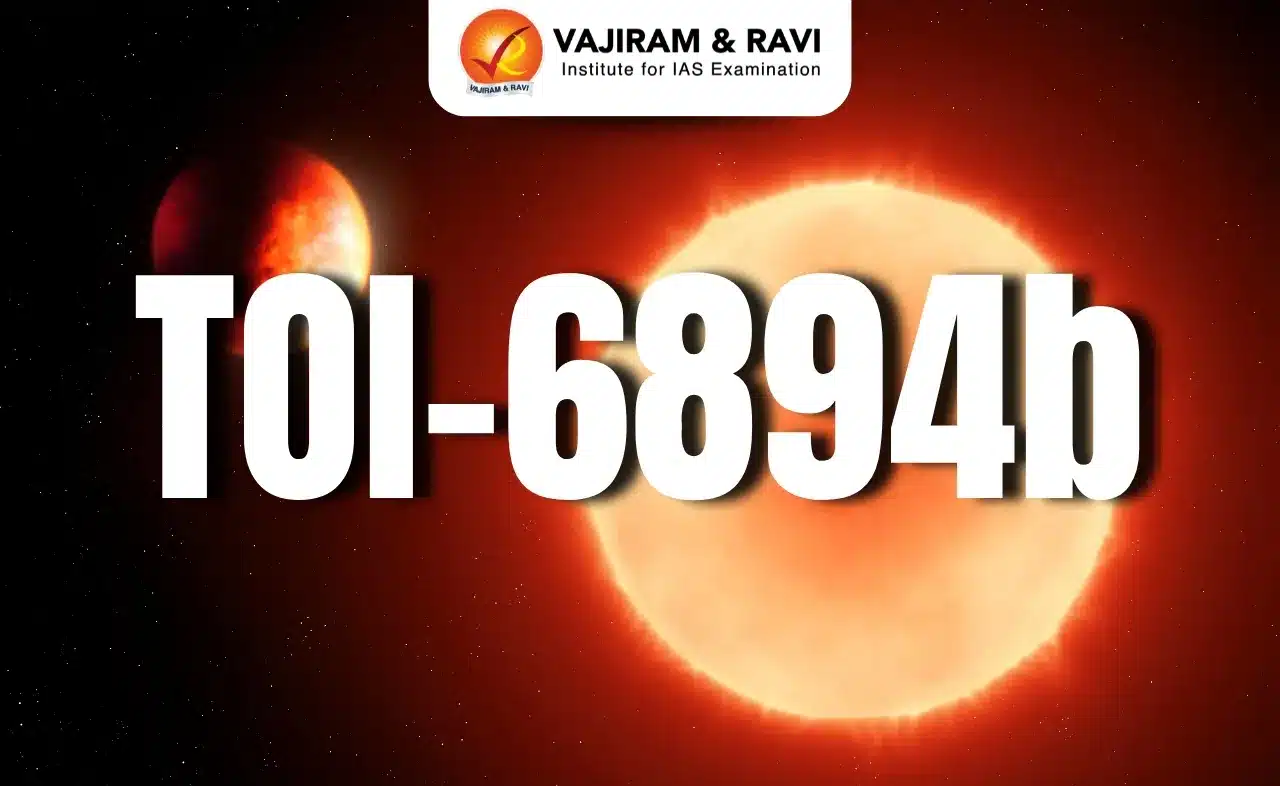Modes of losing Indian Citizenship:
- The Citizenship Act 1955 lays down the three modes by which an Indian citizen, whether a citizen at the commencement of the Constitution or subsequent to it, may lose their citizenship. These are,
- By Renunciation:
- An Indian Citizen of full age and capacity can renounce his Indian citizenship by making a declaration to that effect and having it registered.
- But if such a declaration is made during any war in which India is engaged, the registration shall be withheld until the Central Government otherwise directs.
- When a male person renounces his citizenship, every minor child of him ceases to be an Indian citizen.
- Such a child may, however, resume Indian citizenship if he makes a declaration to that effect within a year of his attaining full age, i.e. 18 years.
- By Termination:
- If a citizen of India voluntarily acquires citizenship of another country, then the citizenship of India gets terminated.
- This provision does not apply during times of war.
- If any question arises as to whether, when, or how any person has acquired the citizenship of another country, it is to be determined by such authority and in such manner as may be prescribed by the rules.
- By Deprivation:
- It is a compulsory termination of citizenship of India.
- A citizen of India by naturalization, registration, domicile and residence may be deprived of his citizenship by order of the Central Government if it is satisfied that:
- The citizen has obtained the citizenship by means of fraud, false representation, or concealment of any material fact;
- The citizen has shown disloyalty to the Constitution of India;
- The citizen has unlawfully traded or communicated with the enemy during a war;
- The citizen has, within five years after registration or neutralization, been imprisoned in any country for two years;
- The citizen has been ordinarily resident out of India for seven years continuously.
Q1) What is meant by a naturalised citizen?
A naturalized citizen of a particular country is someone who has legally become a citizen of that country, although they were not born there.A naturalized citizen carries essentially the same rights and responsibilities as any other citizen (a possible exception being ineligibility for certain public offices), and is also legally protected.
Source: 2.25 lakh people renounced Indian citizenship in 2022: Govt. data
Last updated on June, 2025
→ UPSC Notification 2025 was released on 22nd January 2025.
→ UPSC Prelims Result 2025 is out now for the CSE held on 25 May 2025.
→ UPSC Prelims Question Paper 2025 and Unofficial Prelims Answer Key 2025 are available now.
→ UPSC Calendar 2026 is released on 15th May, 2025.
→ The UPSC Vacancy 2025 were released 1129, out of which 979 were for UPSC CSE and remaining 150 are for UPSC IFoS.
→ UPSC Mains 2025 will be conducted on 22nd August 2025.
→ UPSC Prelims 2026 will be conducted on 24th May, 2026 & UPSC Mains 2026 will be conducted on 21st August 2026.
→ The UPSC Selection Process is of 3 stages-Prelims, Mains and Interview.
→ UPSC Result 2024 is released with latest UPSC Marksheet 2024. Check Now!
→ UPSC Toppers List 2024 is released now. Shakti Dubey is UPSC AIR 1 2024 Topper.
→ Also check Best IAS Coaching in Delhi






















